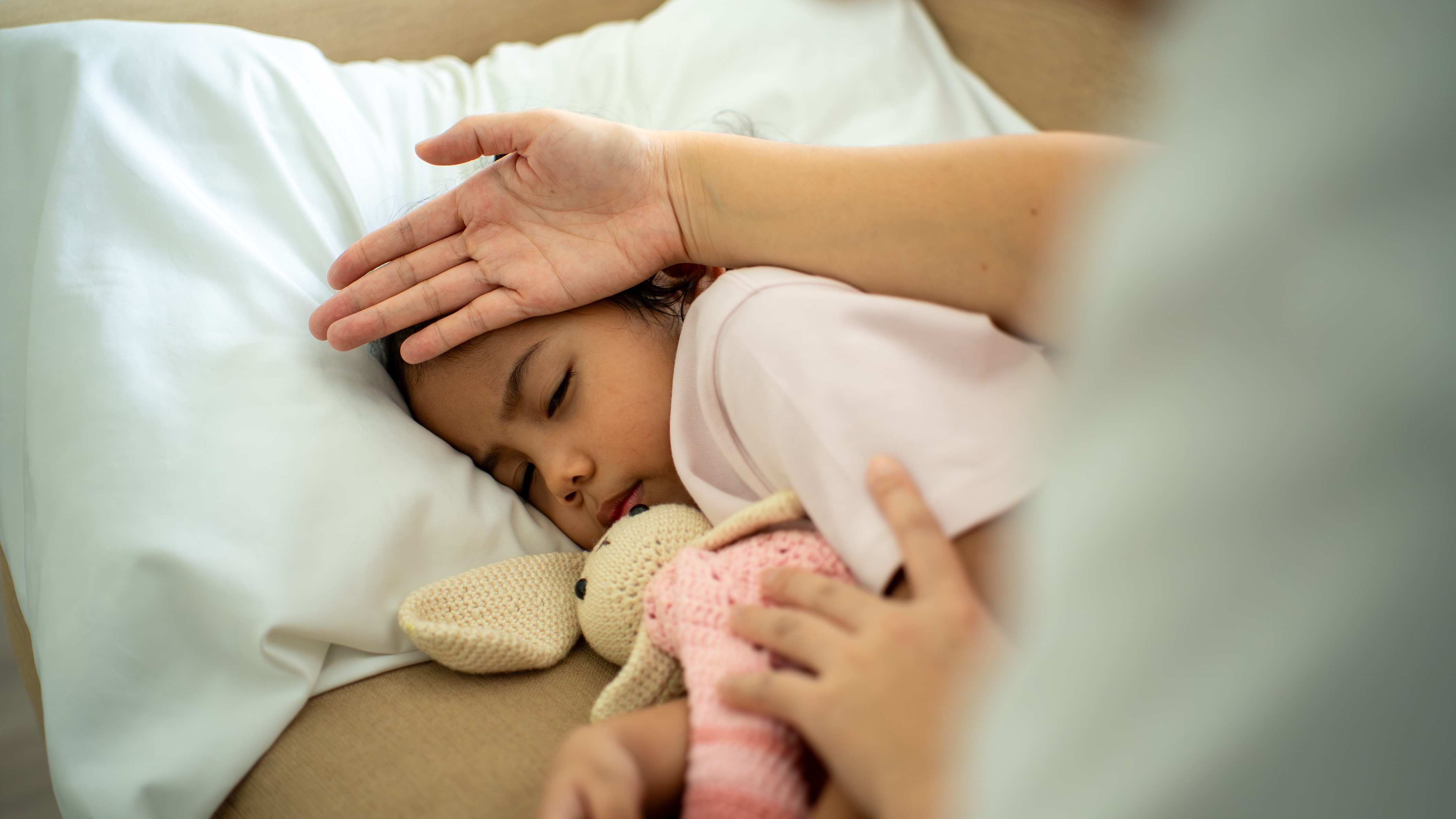Should Men Get Screened for Breast Cancer?

An Oklahoma man who had breast cancer is urging both men and women to check themselves for signs of the disease. But how often do men get breast cancer, and should they be screened for it?
The man, Anthony Merka, was diagnosed with breast cancer four years ago, after his wife said she felt something in his chest when she tickled him, according to Fox News.
About 2,600 U.S. men will be diagnosed with breast cancer in 2016, and about 440 men will die from breast cancer this year, according to the American Cancer Society (ACS). In the United Sates, a man's chance of getting breast cancer in his lifetime is one in 1,000, which makes male breast cancer about 100 times less common than female breast cancer, the ACS said. (A woman's chance of developing breast cancer in her lifetime is one in eight.)
Because breast cancer in men is rare, "there is unlikely to be any benefit in screening men in the general population for breast cancer with mammograms or other tests," the ACS said.
But for men with a family history of breast cancer, or those who have mutations in the BRCA gene, screening for the disease by doing careful breast exams may be useful, the ACS said. (Mutations in the BRCA gene strongly increase a person's risk of breast cancer.) However, there has been little research on the benefits of breast cancer screening in men, and mammograms are typically done only if a breast lump has been found, the ACS said. [10 Do's and Don'ts to Reduce Your Risk of Cancer]
For men and women who are at average risk of breast cancer, regular breast self-exams (in which people feel their breast tissue for lumps) are not recommended, the ACS said. That's because there is a lack of evidence that these self-exams provide any benefit for people who are not at increased risk of breast cancer, the group said.
Merka had a double mastectomy to treat his breast cancer, according to Fox News. One of the man's daughters was found to have a BRCA mutation, and she now undergoes regular tests for breast cancer.
Get the world’s most fascinating discoveries delivered straight to your inbox.
Original article on Live Science.

Rachael is a Live Science contributor, and was a former channel editor and senior writer for Live Science between 2010 and 2022. She has a master's degree in journalism from New York University's Science, Health and Environmental Reporting Program. She also holds a B.S. in molecular biology and an M.S. in biology from the University of California, San Diego. Her work has appeared in Scienceline, The Washington Post and Scientific American.
 Live Science Plus
Live Science Plus






